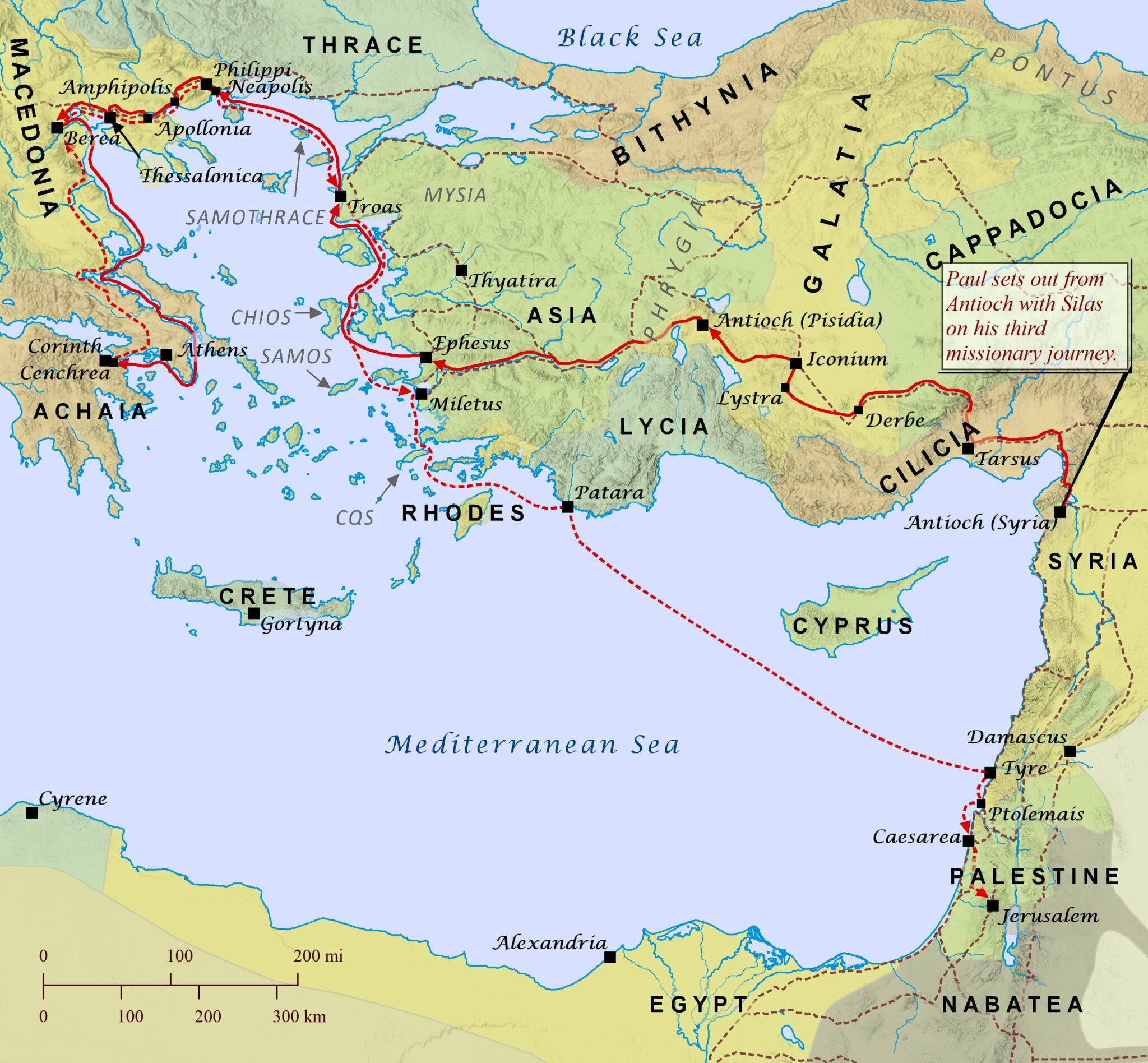Paul now sets forth from Moses’s writing a picture of the kind of righteousness Israel has sought; the righteousness based on law does not lead to true righteousness.
In the following verses, 5–9, Paul contrasts two kinds of righteousness: the righteousness of the law (like Israel sought) and the righteousness of faith (the kind the Gentiles incidentally discovered).
Earlier, in Romans 9:30–31, Paul demonstrates from what Moses writes (v 5) the principle that true righteousness comes from faith. The man who practices the righteousness which is based on law shall live by that righteousness (v 5). The point is that in order to achieve righteousness through the agency of the law, one must keep all the rules. The problem is that humans do not have the capacity to keep God’s moral laws.
In this chapter, Paul quotes from Leviticus 18 and Deuteronomy 30 as evidence. So, in a great irony, Paul uses the words of the law (the Old Testament) to refute the competing Jewish “authorities’” claim that righteousness comes from the law, rather than by faith.
In verse 5 of this passage, Paul quotes Leviticus 18:5: “So you shall keep My statutes and My judgments, by which a man may live if he does them; I am the Lord.” This means, “You follow the law if you do the law.” But Paul expects his audience to understand the full context of the passage. In Leviticus 18, Moses lays out many rules about not imitating the Egyptian or Canaanite cultures; he lists many detailed rules concerning various sexual perversions to avoid.
One of Moses’s rules is don’t have sexual relations with close relatives. Moses adds to this rule by clarifying that no one should have sexual relations with your mother, or your father’s wife. Your father’s wife is not your full mother, so Moses had to close that loophole. Leviticus 18 continues: “The nakedness of your sister, either your father’s daughter or your mother’s daughter, whether born at home or born outside, their nakedness you shall not uncover.”
Once again, Moses is closing loopholes. It should be enough to say, “Don’t have sexual relations with a close relative,” but Moses goes on to describe what “close relative” means in considerable detail. Why? Because someone might say, “It’s ok, she is not my sister because she has a different mother,” or, “She is not my close relative; she is a sister born in a different town.”
What is the point? Just this: rules never change the heart. With any set of laws, you can always hire a lawyer to find a loophole and justify your behavior as being lawful. In Romans 2, Paul already chastised the competing Jewish “authorities” for claiming they were righteous because they followed the law, when in actuality they brought disgrace to the name of God because of their hypocrisy in breaking the law while claiming to keep it (Romans 2:24).
Paul’s objectors are good at self-justification, but not obedience from the heart. One can say, “I am not breaking the law against having sexual relations with a close relative, because my sister was born in another city.” That is self-justification under the law, but it is not obedience to God. The important thing to do is to follow the spirit behind the law, what God was aiming at, and in order to truly follow God we need a changed heart. A changed heart comes by faith.
Righteousness through the law does not bring true righteousness, it brings self-justification. That is not the fault of the law; it is the fault of our hearts. As James says, circumstances are never the actual source of our temptations; the actual source of our temptation is the wickedness of our own hearts (James 1:13-14). Our hearts want to break the law, so we find loopholes in the law to justify our behavior. That is what Israel has zealously pursued, law rather than faith. They are not finding God, or true righteousness, because they are not starting with faith. Faith changes the heart.
Biblical Text
5 For Moses writes that the man who practices the righteousness which is based on law shall live by that righteousness.
Check out our other commentaries:
-
Genesis 1:14-19 meaning
God creates the sun, moon, and stars, on the fourth day of creation. The sun, moon, and stars provide the daily and seasonal cycles and...... -
Matthew 26:3-5 meaning
Meanwhile the chief priests plot with their high priest, Caiaphas, how and when they will destroy Jesus. They decide it is best to do this...... -
Matthew 12:33-37 meaning
Jesus shares an analogy of a fruit tree to show the relationship between a man’s words and his heart. He tells the Pharisees that their...... -
Exodus 18:5-12 meaning
Verses 5 – 12 describe the time when Jethro came to visit Moses in the wilderness near Mount Sinai. He was accompanied by Moses’ wife...... -
Exodus 35:10-19 meaning
The LORD calls for craftsmen, artisans, and other skilled workers to come forward for the building of the tabernacle. ......



